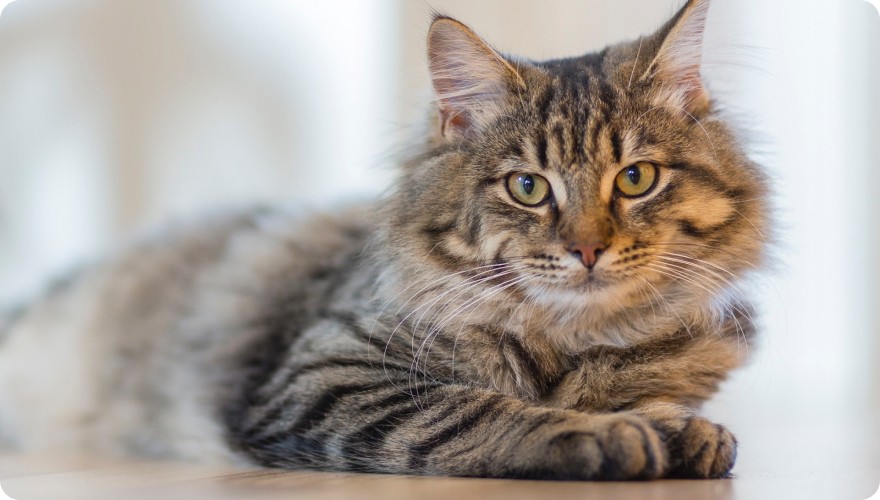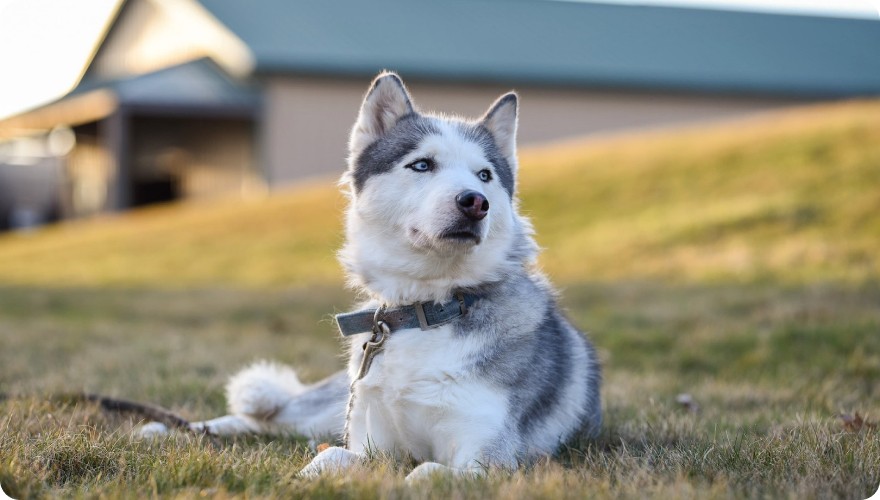Understanding Pet Nutrition: What Every Owner Should Know

Proper nutrition is crucial for the overall health and well-being of our beloved pets. Just like humans, dogs and cats require a balanced diet to thrive and lead a happy life. Providing them with the right nutrients in appropriate quantities ensures that they have the energy they need, maintain a healthy weight, and have a strong immune system.
A well-balanced diet is especially important for dogs and cats because they have different nutritional needs compared to humans. Dogs are omnivores, meaning they can consume both meat and plant-based foods. On the other hand, cats are obligate carnivores, which means they require a diet primarily consisting of meat. Understanding the unique nutritional requirements of dogs and cats is the first step in ensuring their optimal health.
Understanding the nutritional needs of dogs and cats
To meet the nutritional needs of our furry friends, it’s important to understand the key nutrients they require. Dogs and cats need a combination of proteins, carbohydrates, fats, vitamins, and minerals. Proteins are essential for muscle growth and repair, while carbohydrates provide energy. Fats are a concentrated source of energy and play a role in maintaining healthy skin and coat. Vitamins and minerals are necessary for various bodily functions and to support the immune system.
The specific dietary requirements vary depending on the age, breed, size, and activity level of the pet. Puppies and kittens have different nutritional needs compared to adult dogs and cats. Similarly, large breed dogs have different requirements than small breed dogs. Consulting with a veterinarian is crucial to determine the specific nutritional needs of your pet and to develop a tailored diet plan.
Essential nutrients for dogs and cats
Proteins are the building blocks of life and are especially important for dogs and cats. They are essential for muscle development, repair, and maintenance. High-quality animal-based proteins, such as chicken, beef, and fish, are ideal for meeting their needs. Some plant-based proteins, such as soybean meal and peas, can also be included in their diet, but it’s important to ensure that they are getting all the essential amino acids.
Carbohydrates provide dogs and cats with the energy they need to stay active. Whole grains, such as brown rice and oats, are good sources of carbohydrates. However, it’s important to note that cats have a limited ability to digest carbohydrates compared to dogs. Therefore, their diet should primarily consist of animal-based proteins and fats.
Fats are an essential component of a balanced diet for dogs and cats. They provide a concentrated source of energy and help with the absorption of fat-soluble vitamins. Additionally, fats contribute to healthy skin and a shiny coat. Sources of healthy fats include fish oil, chicken fat, and flaxseed oil.
Vitamins and minerals are necessary for the proper functioning of various bodily processes. Dogs and cats require a wide range of vitamins and minerals, including vitamins A, D, E, B-complex vitamins, calcium, phosphorus, and iron. These nutrients can be obtained through a balanced diet or through the use of supplements, if recommended by a veterinarian.








Commenti
Nessun commento in questo momento!
Lascia il tuo commento